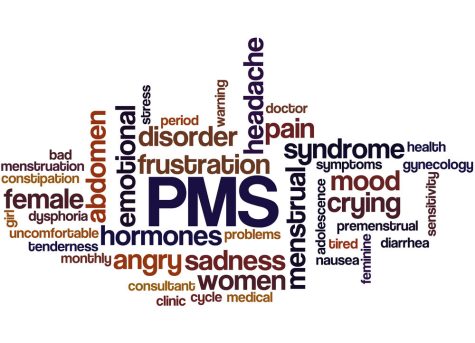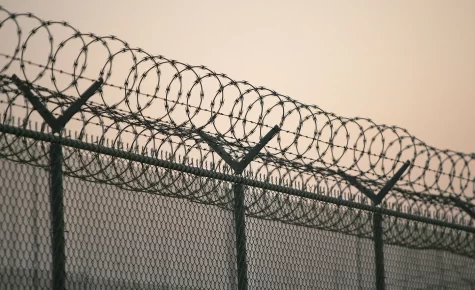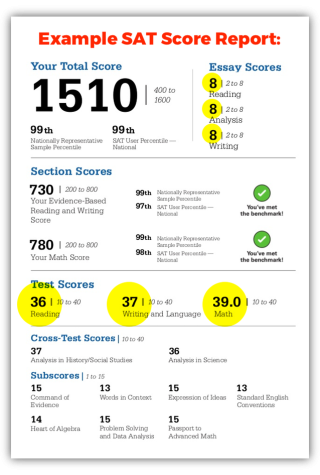Government shutdown: clearing up the confusion
What everyone needs to know about the recent government shutdown
If you have turned on your television or glanced at a newspaper the last couple of days, you have more than likely heard about the recent government shutdown. If you are like many people around the United States, you might be a little unsure of what is going on.
To clear up some of the questions we have all heard around the hallways, school hasn’t shut down because we are run by the state government. The Federal government is the one currently having the issue. Also, a government shutdown does not mean that the Constitution is somehow void. We still have all the protections of our Constitution and still have to follow the same laws that we do at any other time.
Now that that is cleared up, we can move on to the more pressing issues.
A government shutdown is when Congress fails to pass a spending bill and the government stops providing services that are not deemed “essential.” Often, “essential” programs include law enforcement, firefighters and the military.
As of midnight Tuesday, the American government officially shutdown.
According to Huffington Post, more than a third of federal employees will be furloughed, meaning that they will be out of a job until the government shutdown ends. The Food and Drug Administration will continue to “handle high risk recalls,” but the administration will suspend the inspection of more routine cases. National parks and monuments, including the Statue of Liberty and the Smithsonian Museums in Washington, D.C., will all be closed to tourists.
The last time that our government shutdown was in 1996 under the Clinton administration. This shutdown, which lasted 21 days, cost around two billion dollars.
With Republicans and Democrats still unwilling to negotiate, there is no end currently in sight for the 2013 government shutdown. While Congressmen may feel that they can take their time to resolve this issue, after all, they are still getting paid, other Americans are not so fortunate. 800,000 federal workers temporarily lost their jobs, and no money is being put into the economy from tourists visiting national sites.
NBC News estimates that this shutdown is costing America $12.5 million per hour, totaling up to $300 million per day.
No matter what party individuals blame for this, we can all agree that America, still recovering from our last recession, cannot afford to have our politicians keep our government shutdown based on a lack of bipartisanship. The sooner a compromise is reached, the sooner our economy can begin to recover from yet another tough blow.
Breanna Cooper has been on the Spotlight staff for two years and is currently in her senior year. She started writing in elementary school and hasn’t...











